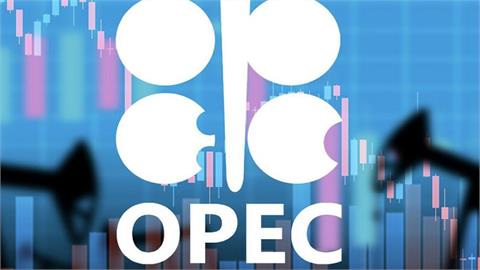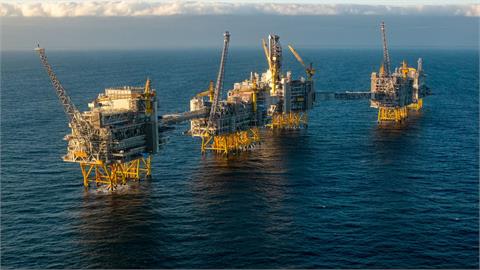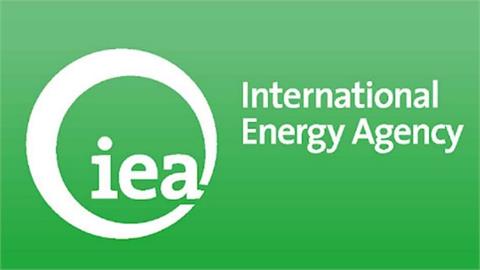Russia’s state-controlled gas giant Gazprom PAO doesn’t plan a "price war” against U.S. exports of liquefied natural gas to its most lucrative market in Europe, a senior company official said Thursday.
U.S. LNG suppliers will find it hard to compete in Europe with Russian gas prices under current market conditions, Gazprom’s deputy chairman Alexander Medvedev said at an investor meeting in London. U.S. gas must be liquefied, shipped and turned back into gas, costing more than Russia’s product, which is transported by pipeline.
"There is no need for us to launch any price war,” Mr. Medvedev told investors in London. "We are very relaxed about U.S. LNG, though very attentive.”However, he added that if U.S. LNG prices did fall, Gazprom would seek to cut its own costs.
European governments have been hoping that U.S. LNG exports, due to start this year, would help the region diversify its energy supplies away from Russia. Relations between Russia and the European Union have soured amid the crisis in Ukraine and western sanctions.
Gazprom has long been the single biggest gas supplier into Europe. Last year, Russian gas amounted to almost 31% of European gas consumption, up from 30.2% in the previous year. Gazprom has stated that it intends to keep that market share steady for the foreseeable future.
Gazprom also ramped up exports into the region last year to 158.6 billion cubic meters—an8.2% increase on the year, partly replacing declining domestic production from mature gas fields such as Groningen in the Netherlands.
"The European market is and shall remain the main market for our exports,” Mr. Medvedev said.
Europe accounts for the bulk of Gazprom’s profits, helping to offset the lower revenues the company earns in Russia. Gazprom’s recent pivot to focus on energy markets in Asia is unlikely to yield significant results there for at least another five years, analysts say.
Gazprom’s defense of its core European market will be of fundamental importance both to its own financial performance and to the Kremlin’s ability to use gas as a geopolitical tool over the next few years, said James Henderson, Russian oil and gas analyst at the Oxford Institute for Energy Studies.
Gazprom could begin acting like Saudi Arabia, the world’s largest oil exporter.
Saudi Arabia has some of the world’s cheapest oil to produce and has shown it so far that it won’t buckle even with oil prices 70% below their June 2014 peak. Faced with higher-cost competition from the U.S., it has pumped flat out to keep its market share, sending prices into a monthslong malaise.
"There may be some logic for Gazprom, as one of the lowest cost suppliers to Europe with spare capacity, in adopting a Saudi-like strategy to reinforce its long-term competitive advantage,” Mr. Henderson wrote in a recent report.
(Wall Street Journal, February 4, 2016)



